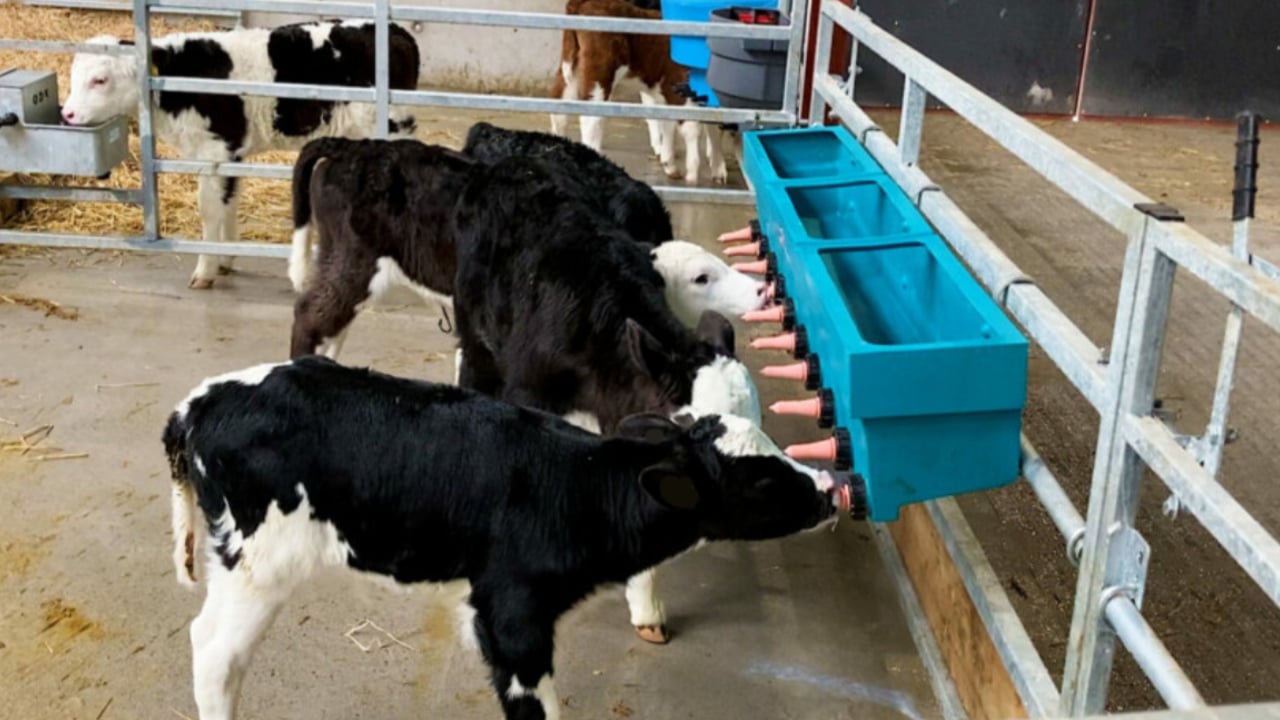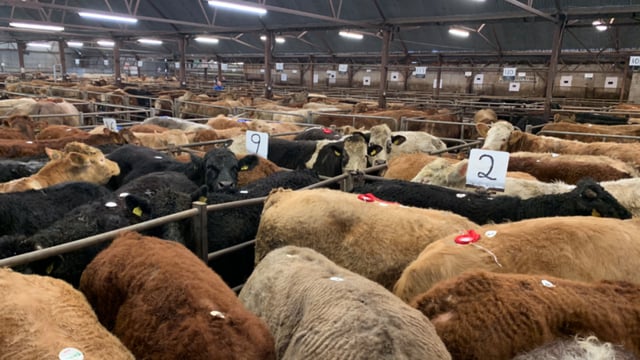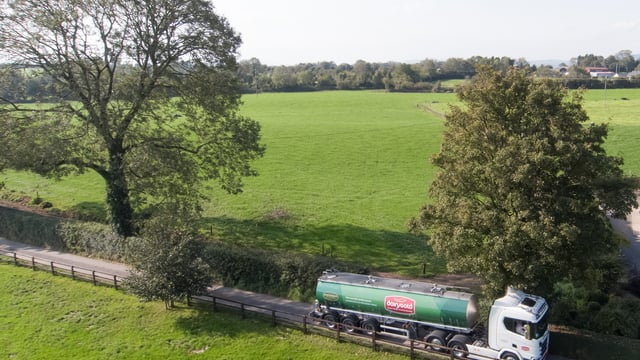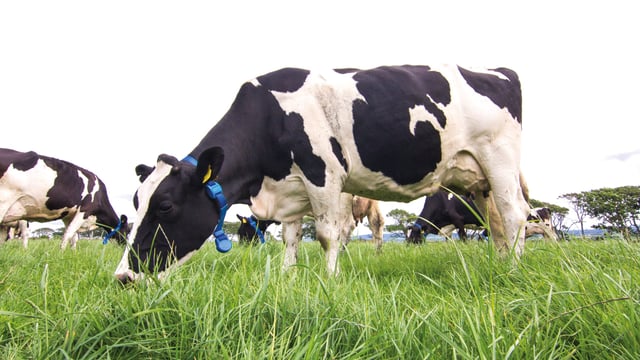Dairy advice: Should we be feeding more milk to calves?
As we get closer to calving, preparation is in full swing and although farmers' opinions differ in relation to the quantity of milk fed to calves, farmers should look at whether they are optimising the calf's health and maximising their growth rates.
A discussion at a recent Aurivo 'Your Farm Your Future' event brought up topics around feeding milk to calves, weaning and achieving optimal health.
Veterinary consultant, Tommy Heffernan, who is also known as 'Tommy the Vet' spoke about calf nutrition and health over the upcoming calving season.
The vet said "it's about the adoption of consistent good habits made over time to lead to the goal of healthier calves."
He discussed the importance of having a focus on healthy calves and reducing disease this spring and said "it is important to raise immunity and bring down infection pressures over the spring."
In the lead up to calving time, the vet explained to farmers that feeding poor quality forage to spring calving cows and heifers may impact colostrum quality.
If silage quality is poor, the vet suggest working with your nutritionist to supplement the cows for energy.
Heffernan encouraged farmers at the event to get hold of a colostrometer or refractometer so farmers can measure the quality of colostrum they are feeding calves - "you want it to read above 22%-23%which means good quality".
The vet said that colostrum is "twice the fat and twice the protein of ordinary milk" and that bacteria "love it" which means that hygiene around the dump bucket and stomach tube is critical.
"Colostrum is about getting it into the calf as quickly as possible in the right quantities while keeping it as clean as possible," the vet added.
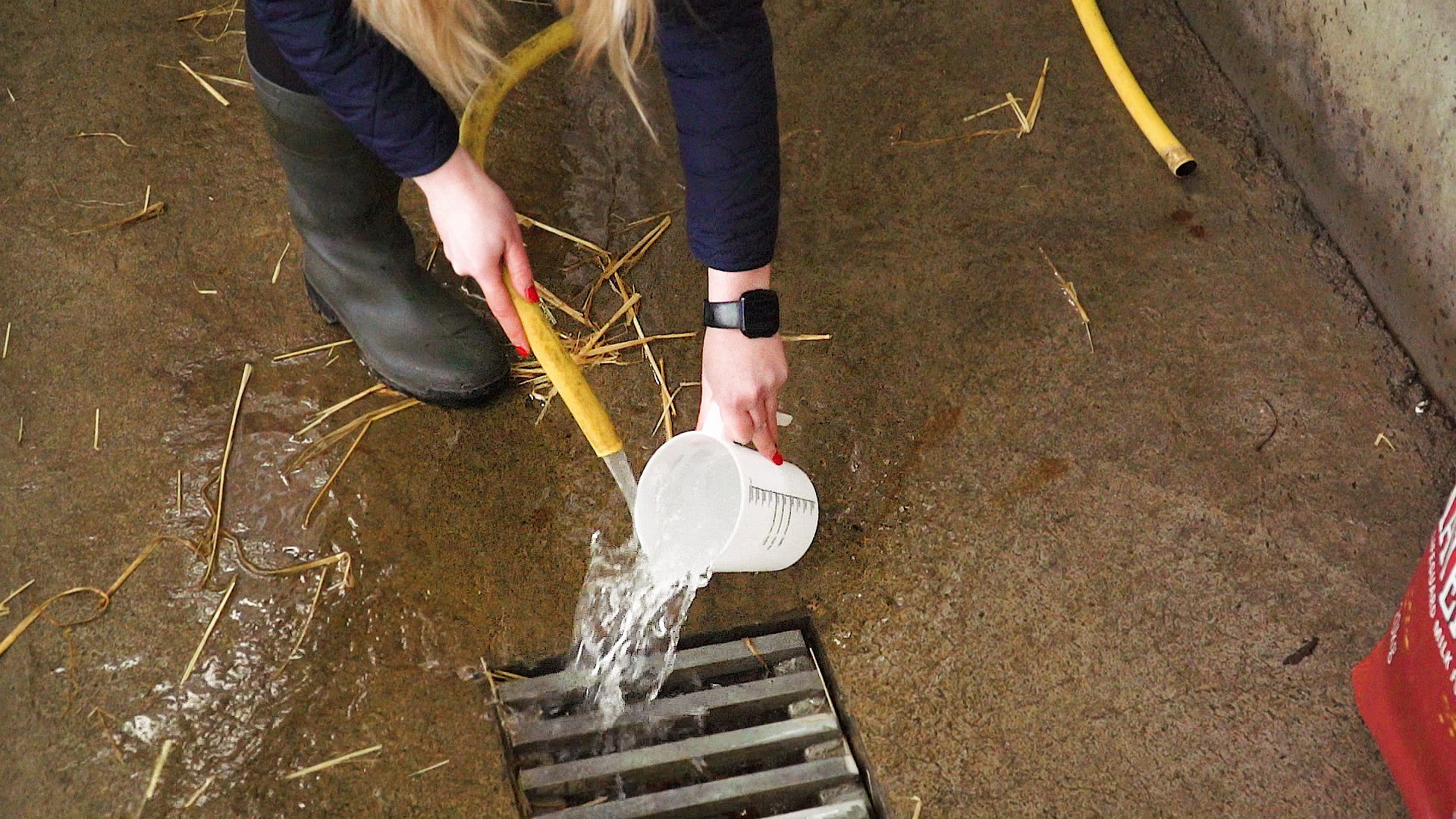
The vet highlighted when cleaning feeding equipment that we need to look at incorporating detergents and disinfectants.
The vet spoke about calves and older animals sharing the same air space which can cause problems as he said older animals will have immunity to many diseases that will affect calf health.
On this, he said it is essential that calves "have fresh air because fresh air will drop down the infection pressure, kill bugs and also keep bedding dry".
"However each farm needs to assess their own ventilation systems as the challenges vary from farm to farm," the vet added.
When it comes to immunity through nutrition, the vet said we need to be feeding "at least 3L twice a day at a minimum".
The vet predicted that in a couple of years, we may all be feeding more milk to calves as part of the routine as he said calves need the amino acids, fats and energy to grow.
Tommy encouraged farmers to stay consistent and feed the calves at the same time each day as he said routine was crucial for calf development.
The vet said that "70% of the immune system is in the gut" and that a calf that gets scour will be 15 times more likely to get pneumonia.
"Optimising good gut health is key to overall calf health", the vet said.
The vet viewed a "gradual weaning" as a more appropriate strategy for farmers as he felt calves need to be longer on milk and eating more meal before weaning.
"As a group target, I don't think you should wean calves when they are eating under 2kg of meal", the vet added.
If this is achieved, the vet said it may help with better weaning and may lead to less summer scour cases and result in stronger calves at weaning.
Talking about summer scour, he said "calves are selective grazers so they need to be strip grazed" while keeping fibre with them in the form of hay or straw.
The vet was very focused on encouraging farmers to be brilliant with the basics and to do the simple things well while consistently trying to make small changes over time.
The vet said that "perfection is impossible but it's about progress and so, small changes over time to colostrum, feeding, and general calf management can really make a difference".

